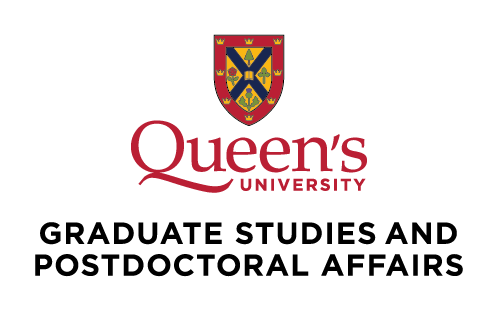
Here at the SGSPA, we believe learning is inspired by an inclusive and collaborative community where we prioritize wellbeing for academic and professional success. Through our local and global reach, we connect our graduate students and fellows with diverse communities to engage in collaborative knowledge creation and real world scholarship. Our graduate students and postdoctoral fellows lead the way toward a better future for our global community. Learn more about our mission, vision, and values.
You Belong Here
Apply to Queen’s as a graduate student or postdoctoral fellow
TALK to a Current Graduate Student about Queen's Life and Graduate Studies
Queen’s University continues its tradition of excellence in graduate education by warmly welcoming a dynamic 2024-25 cohort of domestic and international graduate students. To support students, graduate programs that provide a minimum funding guarantee for graduate students are maintaining or increasing these commitments in 2024-25. These incoming students will be central to Queen’s ongoing innovations in research, teaching, and community engagement, contributing to a thriving graduate community in which they shape our academic mission towards a better future for all.

